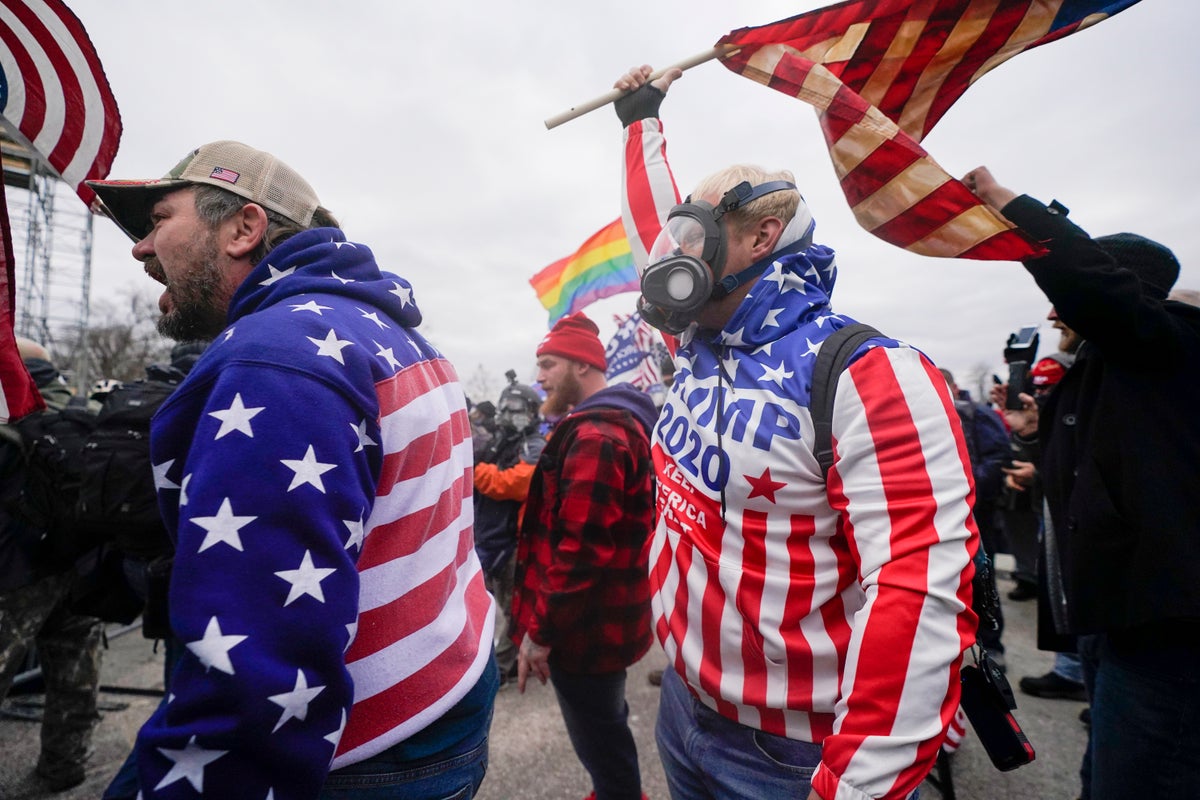
Twitter is fighting back against the House January select committee’s request for the social media company’s internal messages, including Slack messages concerning how they moderated tweets regarding the 2021 insurrection, according to a report.
The company is claiming its First Amendment rights to reject the committee’s request, Rolling Stone reported.
Committee members have grown frustrated at the pushback from Twitter, as they think the messages can help them show how online extremism boosted the violence and chaos on that day.
Twitter said in a statement to the magazine that “since last year, we have had an ongoing, productive engagement with the Select Committee, and have provided appropriate, relevant information to contribute to this important investigation”.
The company added that it’s “committed to continuing this work with the Select Committee”. Twitter said that it takes “a principled approach to responding to requests for information from governments, and will continue to closely evaluate the merits of each request to protect the rights of the people who use our service, as well as the rights of Twitter and its employees”.
A set of “key questions” outlined by the committee in January included the query, “what steps—if any—social media companies took to prevent their platforms from being breeding grounds for radicalizing people to violence”.
Twitter claims that providing internal messages concerning how they dealt with posts connected to the insurrection would be in violation of the company’s constitutional rights.
Harvard Law School lecturer Evelyn Douek told Rolling Stone that “it’s a really tricky issue. These private companies are making systemically important public interest decisions so how should we think about their own private right to do it? Who do we trust less – the companies or the government?”
In August of last year, the House panel requested data from 15 social media companies, including Google, Meta, Twitter and smaller platforms such as 4chan and 8kun – far-right platforms rife with conspiracy theories like QAnon.
The committee issued subpoenas to Twitter, Meta, Google, and Reddit in January because of “inadequate responses to prior requests for information”.
Chairman Bennie Thompson, a Mississippi Democrat, said that the panel doesn’t “have the documents and information necessary to answer” questions concerning how the social media companies dealt with communications related to the Capitol riot over four months after the first request was made.
Mr Thompson also alluded to allegations that members of the mob on 6 January used Twitter to discuss “the planning and execution of the assault on the United States Capitol” as well as pushing conspiracy theories about the 2020 election.
As Twitter CEO Parag Agrawal was sent the subpoena in January, Mr Thompson told the tech leader in a letter that the committee was demanding documents in three categories that he argued Twitter had failed to deliver – “documents relating to warnings [Twitter] received regarding the use of the platform to plan or incite violence on January 6th” as well as a supposed failure to “commit to a timeline” for when to provide “internal company analyses of misinformation, disinformation, and malinformation relating to the 2020 Election”.
Mr Thompson also criticised Twitter for not turning over documents relating to the company’s decision to suspend former President Donald Trump from the platform in the days following the Capitol riot.
Conservatives in Texas and Florida have tried to restrict the ability of social media companies to moderate content on their platforms with legislation that would ban moderation of all political posts, regardless of the message. The laws have been blocked by federal courts. The legislation also contains requirements for transparency – including demands that they reveal how moderation decisions are made.
The trade association Netchoice, which represents social media companies, has said that this would go against their constitutional rights.
“This is a really live and difficult issue that’s playing out in the litigation around the Texas and Florida laws as well,” Ms Douek told Rolling Stone. “The concern is that if the government can peer into those kinds of decisions, companies will be chilled in making them and not be able to discuss them candidly. They’ll be scared that at some point in the future something like this will happen.”







